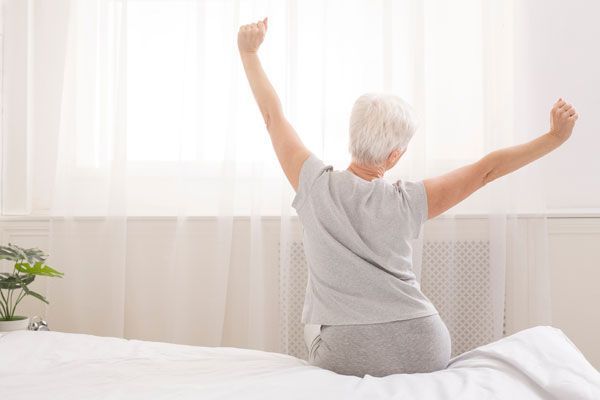3 Easy Steps Towards a Good Night’s Sleep
Getting a good night’s sleep is vital to top-performing mental and physical health. Not getting the proper amount of restful sleep has been shown to cause a host of conditions, including:
- Cardiovascular Disease: A study conducted by the European Society of Cardiology associated a continued lack of sleep with an increased risk for heart attack and stroke.
- Alzheimer’s Disease: Proper sleep allows our bodies to naturally ‘clear the cobwebs.’ Researchers linked poor sleep to an increased risk of Alzheimer’s disease.
- Obesity and Diabetes: University of Chicago researchers concluded that continued sleep deprivation causes fatty acid buildup, which ultimately leads to obesity and diabetes.
- Suicide: Studies show that suicide rates in older adults increased as a result of poor sleep.
All health risks aside, not getting enough quality sleep can also be extremely frustrating. You can easily find yourself grumpy and not able to think and function properly, which can cause problems at both home and work. Then you find yourself frustrated again - it’s a vicious cycle. Let’s talk about a few things you can do to help you get the proper amount of sleep.
- Get Comfortable
- To get the best sleep, you need to have the right conditions. A dark, cool room is usually best. Being comfortable is key!
- If you’re not asleep after 15 minutes, don’t lay there and fret about it. Get up and do something productive like unloading the dishwasher like you meant to do earlier. Or read a book. Then get back into bed when you feel yourself getting tired.
- Turn the ringer and notification sounds off and flip that smartphone or tablet face down. The lighted screens can interfere with your sleep.
2. Stick To A Schedule
- A consistent sleep schedule is a must-have. Aim to turn in for the night and wake up at the same time each day. Alarm clock apps can help and they will work despite your ringer being off.
- Just like finely tuned athletes have their pre-game rituals, you should develop your own pre-bedtime plan and follow it just as religiously.
3. Know Your Limits
- Less fluid intake before bedtime means fewer overnight trips to the bathroom.
- If you’re a fan of napping (and who isn’t) make it a power nap no longer than 30 minutes and be sure you do it before 1 PM.
- Cut off the caffeine and nicotine intake 3 hours before bedtime.
Taking the above steps should help you achieve your goal of better sleep. If you don’t notice a difference in about two weeks, talk with your doctor about alternatives to try.












